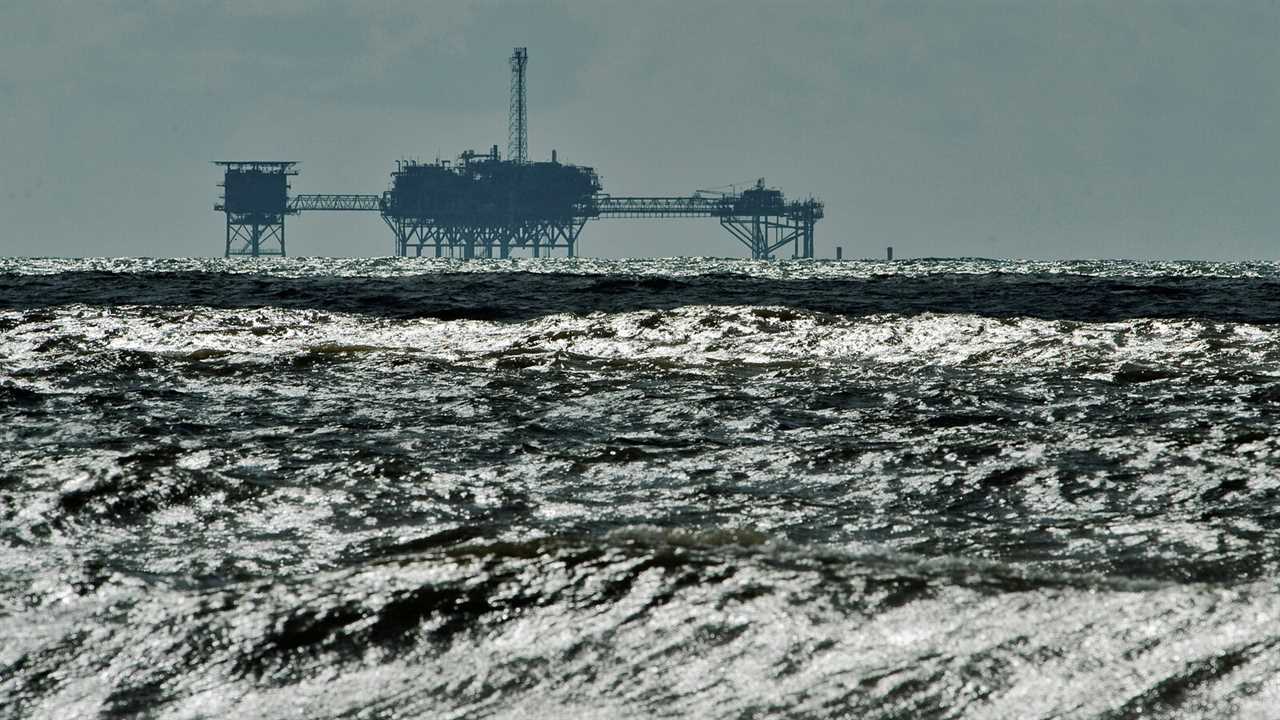
As the Interior Department awaits its new secretary, the agency is already moving to lock in key parts of President Biden’s environmental agenda, particularly on oil and gas restrictions, laying the groundwork to fulfill some of the administration’s most consequential promises to address climate change.
Representative Deb Haaland, a Democrat from New Mexico whom Mr. Biden nominated to lead the department, faces a showdown vote in the Senate likely later this month, amid vocal Republican concern for her past positions against oil and gas drilling. But even without her, an agency that spent much of the past four years opening vast swaths of land to commercial exploitation has pulled an abrupt about-face.
The department has suspended lease sales in the Gulf of Mexico under an early executive order imposing a temporary freeze on new drilling leases on all public lands and waters and requiring a review of the leasing program. It has frozen drilling activity in the Arctic National Wildlife Refuge, delayed Trump-era rollbacks on protections of migratory birds and the northern spotted owl, and taken the first steps in restoring two national monuments in Utah and one off the Atlantic coast that Mr. Trump largely dismantled.
As early as this week, one administration official said the Interior Department was poised to take the next steps in preparing a review of the federal oil and gas leasing program.
Even critics of the administration’s agenda said they have been surprised by the pace of the agency’s actions.
“They’re obviously moving forward quickly and aggressively,” said Nicolas Loris, an economist who focuses on environment policy at the conservative Heritage Foundation.
That aggressiveness, along with Ms. Haaland’s long history of pushing to shut down fossil fuel drilling and pipelines, has put the agency in the line of fire from Republicans and the oil and gas industry.
“I almost feel like your nomination is sort of this proxy fight over the future of fossil fuels,” Senator Maria Cantwell, Democrat of Washington, told Ms. Haaland during her confirmation hearing last week.
The Environmental Protection Agency will ultimately take center stage in the regulatory battles over climate change because it is the lead agency policing emissions from the electricity and transportation sectors — the two largest sources of greenhouse gas emissions in the United States.
But the Interior Department, which decides when and whether to sell publicly owned coal, oil and gas, is at the heart of the always contentious fight over keeping such resources “in the ground” — that is, whether the vast majority of America’s fossil fuels should remain untapped to avoid dangerous concentrations of greenhouse gases in the atmosphere.






